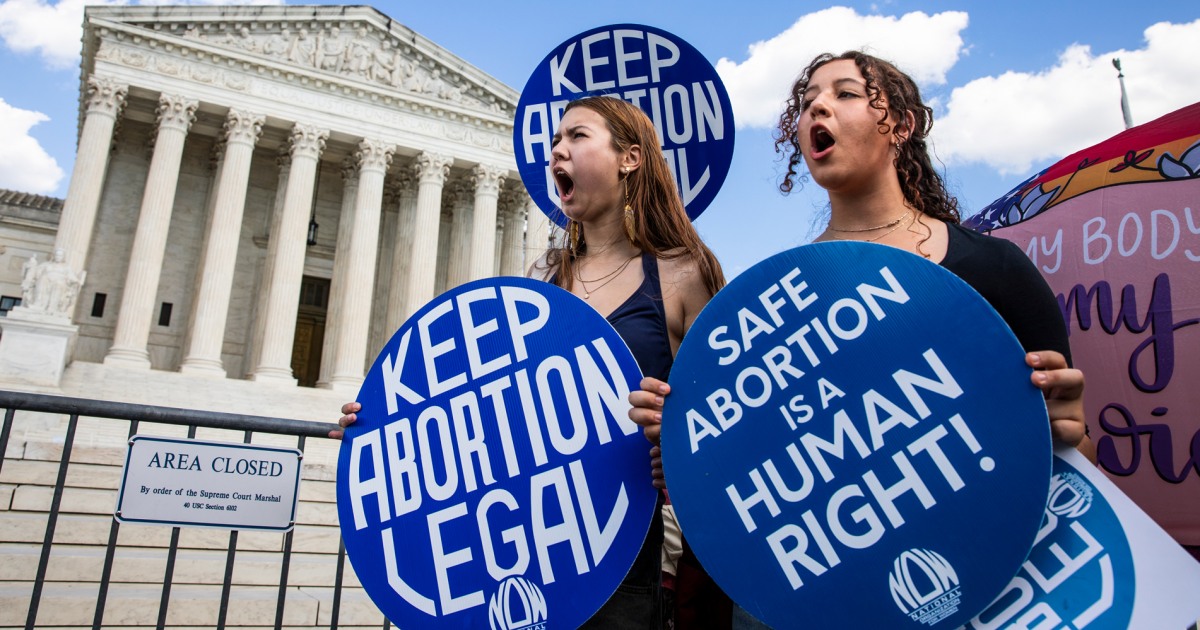The legislation, which states that “protections for access to abortion rights … should be supported," was blocked by Republicans who panned it as a “show vote.”
Senate Republicans on Wednesday blocked legislation led by Democrats to revive the protections of Roe v. Wade in the wake of the Supreme Court eliminating the nationwide right to abortion.
The vote was 49-44, falling short of the super-majority needed to defeat a filibuster due to broad opposition from Republicans, who dismissed it as a political stunt.
The Reproductive Freedom for Women Act, introduced last month around the second anniversary of the court decision that overturned Roe v. Wade, is just a few sentences long. It states that “protections for access to abortion rights and other reproductive health care” after the 2022 ruling “should be supported.” It adds that “the protections enshrined in* Roe v. Wade …* should be restored and built upon, moving towards a future where there is reproductive freedom for all.”



Yeah the history of this is long and complicated. This piece goes into a lot more detail about the various attempts on both sides to put abortion into federal legislation (both for and against), including a review of the political situations that led to and resulted from each effort. One of the more interesting threads is this one:
The cultural center of gravity on this issue has changed dramatically since the 1970s. There were pro choice voices in both parties for many decades, but with very few exceptions those voices have migrated into the Democratic Party, which gives it a more unified and consistent stance on the issue.